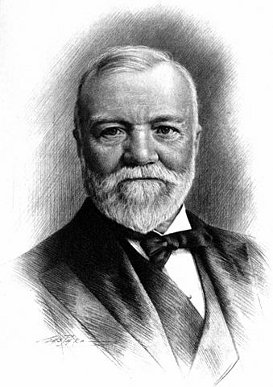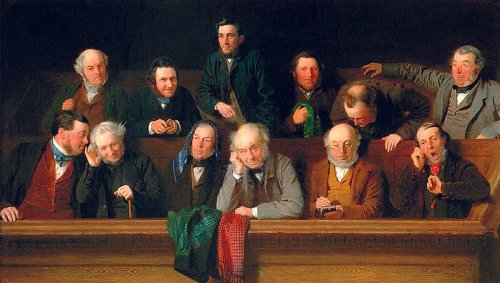
In December 1868, having just turned 33, Andrew Carnegie sat down in New York’s St. Nicholas Hotel and wrote a memo to himself. His net worth was $400,000, and with prudent management he could expect $50,000 in dividends each year for the rest of his life. “Beyond this never earn,” he resolved. “Make no effort to increase fortune, but spend the surplus each year for benevolent purposes. Cast aside business forever except for others.”
Man must have an idol — The amassing of wealth is one of the worst species of idolatry. No idol more debasing than the worship of money. Whatever I engage in I must push inordinately therefor should I be careful to choose that life which will be the most elevating in its character. To continue much longer overwhelmed by business cares and with most of my thoughts wholly upon the way to make more money in the shortest time, must degrade me beyond hope of permanent recovery.
He kept the memo for the rest of his life, and by the time of his death in 1919 he had given away $350,695,650, nearly $5 billion today, endowing universities, museums, libraries, and initiatives to support science, the arts, and world peace. “The man who dies rich, dies disgraced,” he wrote. “Money can only be the useful drudge of things immeasurably higher than itself. … Mine be it to have contributed to the enlightenment and the joys of the mind, to the things of the spirit, to all that tends to bring into the lives of the toilers of Pittsburgh sweetness and light. I hold this the noblest possible use of wealth.”



